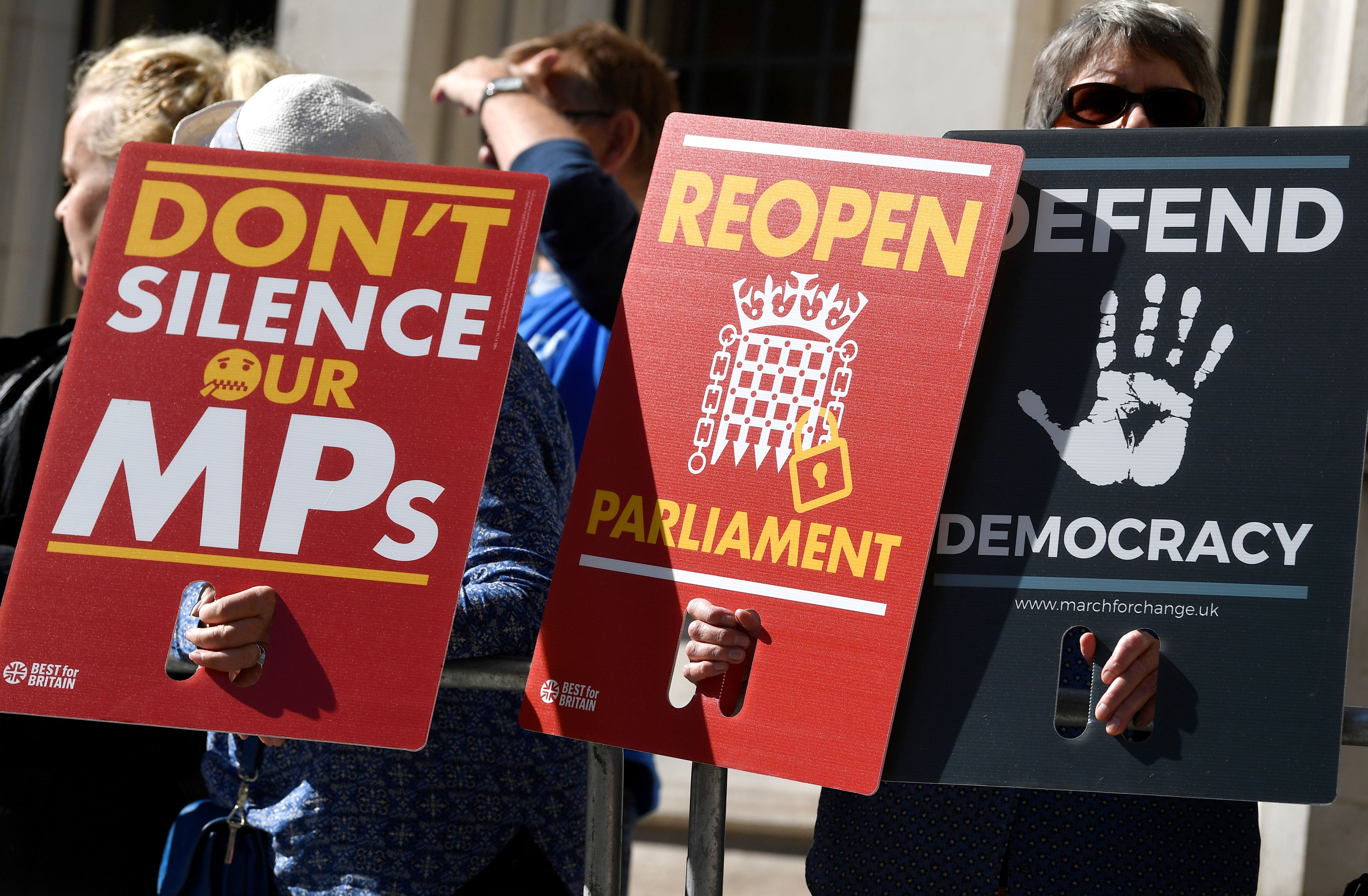Britain's Supreme Court – The UK's Supreme Court will rule as soon as the end of this week on whether it was unlawful for Prime Minister Boris Johnson to suspend Parliament for several weeks during a critical period ahead of the 31 October Brexit deadline. A court in Scotland said it was, arguing that Johnson misled the Queen into suspending Parliament in order to limit MPs' ability to block Johnson's plans to lead the UK out of the EU with a deal or not. But a court in England took the government's position that none of this is for the courts to decide. So now the highest court in the land will rule on the matter. The wily Johnson says he'll abide by what the justices say. Let's see. (Weird trivia: the UK has had a Supreme Court for only ten years.)
Denial of The Nile – Ethiopia, one of the world's fastest growing economies, has been building a massive hydroelectric dam on the Nile in order to boost its industries. Sudan, next door, is in favor of the project too. But Egypt, which is downstream of both and relies on the river for 90 percent of its freshwater, is very sensitive about it, and the two sides have in the past exchanged veiled threats of war over the river. That's why we're alarmed to learn that ongoing negotiations about water rights between Cairo and Addis Ababa have reportedly broken down again, just days ahead of a big meeting between the three countries. The Ethiopians say the dam will begin operating by the end of next year – but without a negotiated compromise, that could turn into a deadline for major conflict.
What We're Ignoring
Marco Rubio on Islands – "I will begin exploring ways to cut off ties with Solomon Islands including potentially ending financial assistance and restricting access to U.S. dollars and banking." So tweeted Republican Senator Marco Rubio of Florida on Tuesday, in response to the "shameful" decision by the Solomons, a group of islands east of Australia, to cut ties with Taiwan in favor of closer ties with China. Some of the archipelago nation's 600,000 people are probably wondering what action the US will take against itself, since Washington recognized China and ended formal diplomatic relations with Taiwan in 1978. In any case, the implications of all this for Taiwan are negligible.
